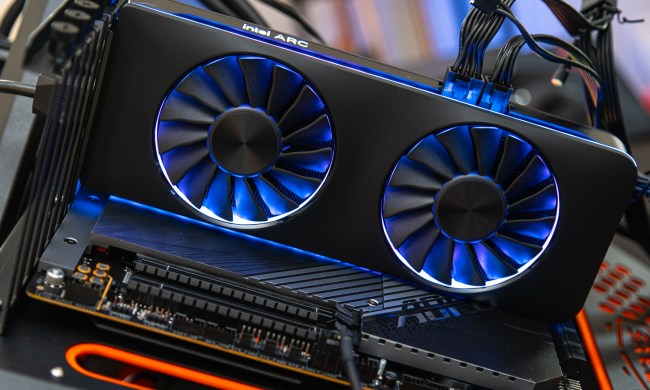Intel’s market share has been steadily declining as AMD continues to make significant gains in the laptop processor market. According to Stocklytics.com, Team Blue’s market share dropped by 20%, while AMD’s grew, reaching nearly 22% of the global processor market by the third quarter of 2024.
Historically, from the third quarter of 2016 to the second quarter of 2019, Intel dominated the market with a 91% share, while AMD held around 8%. By the third quarter of 2024, Intel’s share had fallen to 71.9%, and AMD’s had risen to 21.7%, marking a notable shift.
During the first quarter of 2024, Intel had a 77.3% share, while AMD had 20.4%. Since then, AMD’s market share increased by nearly 1.3%, while Intel’s share decreased by 5.4%. According to Stocklytics financial analyst Edith Reads, Intel’s manufacturing delays have allowed AMD to capture portions of Intel’s market.

The numbers above don’t include infrmationo on Qualcomm’s big entrance into the market with the Snapdragon X chips as part of the Copilot+ PCs.
Intel’s recent manufacturing challenges, particularly with its 10-nanometer node process, are said to have contributed to its market decline. To address this, Intel plans to outsource TSMC’s advanced 3nm process for its upcoming Lunar Lake laptop CPUs, aligning its technology with AMD’s new laptop chips, which will also use the 3nm process.
Additionally, Intel is set to release the Intel 20A node for its Arrow Lake desktop CPUs this year and the Intel 18A node next year, potentially closing the gap with TSMC’s offerings. Panther Lake, scheduled for release in 2025, will also use Intel 18A nodes.
Just a few days back, it was reported that Intel’s stability issues with its Raptor Lake CPUs, initially for desktop processors, have now extended to laptops. These problems, affecting the 13th- and 14th-generation CPUs, manifest as crashes and performance drops, particularly in gaming and demanding applications.
According to multiple reports, including those from developers and users, the crashes occur despite the latest firmware and BIOS updates, suggesting a more inherent flaw in the CPU design.
Intel responded to the issue, saying that it is aware of a limited number of instability reports regarding its 13th and 14th Gen mobile processors. After analyzing the instability issues with the desktop versions of these processors, Intel determined that the mobile processors are not affected by the same problem.
The reported symptoms, such as system hangs and crashes, may arise from various software and hardware issues. Intel advises users experiencing problems with their Intel-powered laptops to contact the system manufacturer for assistance.





